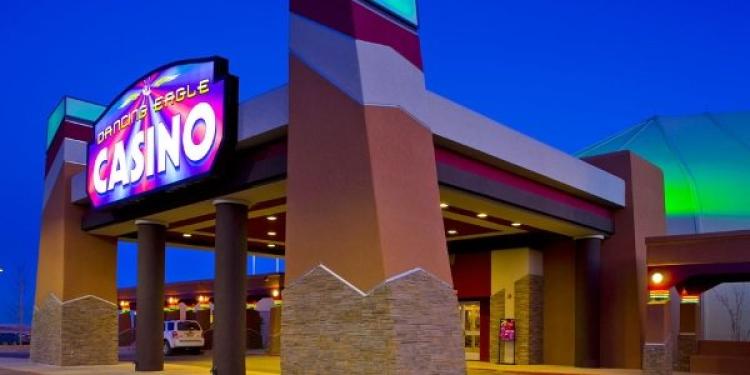Indian Tribes Looking to Establish Their Own Online Gambling Industry (Part I)
Posted: July 2, 2015
Updated: October 6, 2017

The rise of the Native American gaming opens the door for Indian tribes to have their own internet gambling.
Although internet gambling in the US was expected to be easily legalized and provoke an explosion in the gambling industry, the facts more than 20 years after say something different.
• Indian tribes establishing their own internet gambling
• The IGRA act is considered very important
• Native American gambling is booming
Until today only three states voted a legislation that makes online gambling legal: New Jersey, Nevada, and Delaware. States like California and Pennsylvania are currently struggling with the procedures and many experts on the issue predict their entrance in the company of “gambling-free” states in US. However most of the other states are far behind any discussion concerning the legalization of internet gambling.
The problems behind “legalizing online gambling” in US
In the past several reasons were offered against the legalization of internet gambling in the US. According to many, gambling is surrounded by controversies and this is something that politicians usually try to avoid. On the other side the prognosis about the revenues that online gambling will bring are far from being fulfilled. Chris Christie, Governor of New Jersey, publicly announced that in the first year after the legalization, internet gambling would bring to the States treasury USD 180 million. However the revenues in the first year were just a bit more than USD 18 million. The effects of the legalization in Nevada and Delaware gave not much different results.

Nowadays, however the issue concerning the revenues from online gambling is not in the focus of the US gambling industry. What many of the key players in the gaming sector in US do consider as important is the rise of the “outsider” gambling operators on the market, especially the Indian tribes. Many Indian gambling tribes start to scan seriously the opportunities for operating on the internet by establishing their own authority which will exclude the licensing from state authorities. Whether this is a viable option for those Indian companies under US gambling laws, is an issue that deserves a broader discussion in the gambling lobbies.
The rise of Native American Gaming
In 1988 the States voted the Indian Gaming Regulatory Act (IGRA) according to which the states have very limited authorization in intervening in the so called “Native American gambling”. This term was coined in order to refer to the different types of gambling activities existent on the Indian reservation or other tribal land in the US. The limited authority of the US on these gambling operations, casinos, lotteries, bingo halls, comes from the fact that these areas have a tribal sovereignty. According to some statistical data, there are more than 500 gambling operations which are provided by 240 tribes whose annual revenue is estimated to be around USD 30 billion, reports gaming news.

In the early 80’s as state lotteries began to appear, several tribes in California and Florida started making revenues by operating bingo games and offering bigger prizes than the allowed under state law. However, the states closed these operations, but soon after the tribes opened a case against them. The court allowed the tribes to organize independently gambling operations on their own land as long as those gambling operations are not prohibited by the states. The formulation of the court’s decision was the following: “if state law criminally prohibits a form of gambling, then the tribes within the state may not engage in that activity. However, if state law civilly regulates a form of gambling, then the tribes within the state may engage in that gaming free of state control.”
The voting of IGRA was a consequence of these occurrences. This act requires from the Indian tribes to negotiate with the states concerning games to be played but it also ensures that the Indian tribal governments are the sole owners and primary beneficiaries of gaming. Further according to this act, tribal gaming is seen as a way to promote economic development for tribes. According to gambling news, there are, nowadays, more than 500 gambling operations which are provided by 240 tribes whose annual revenue is estimated to be around USD 30 billion. This kind of economic bum of the gaming industry of the Indian tribes is however something that nobody in the Congress that voted the IGRA, could predict. But this is also an amount that imposes huge worries on many politician and key players in the states.












